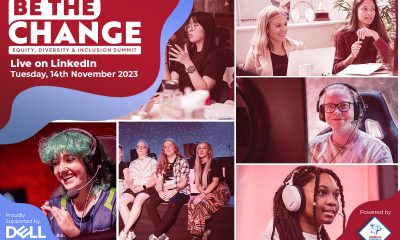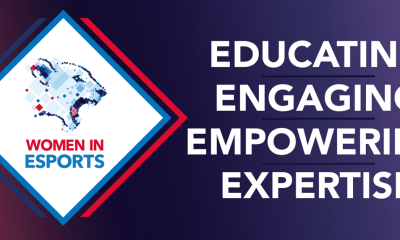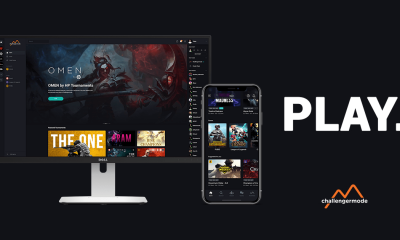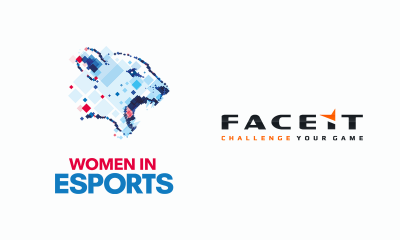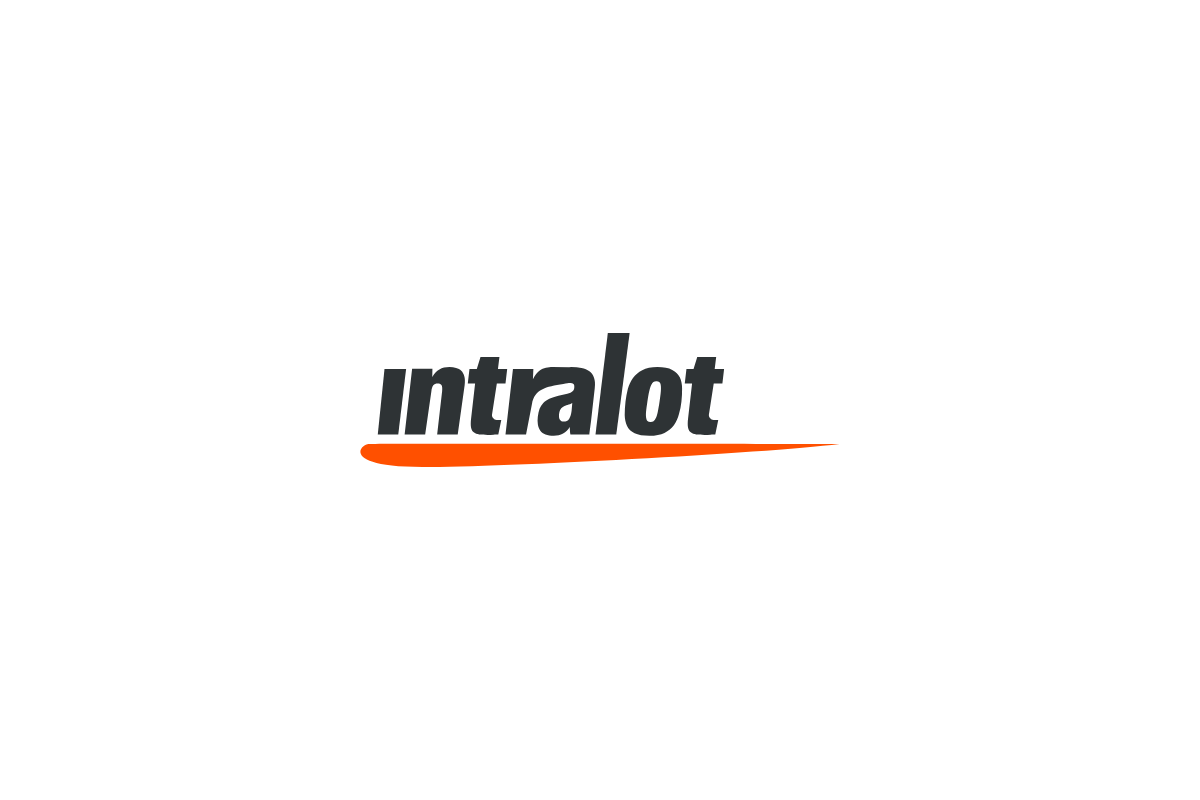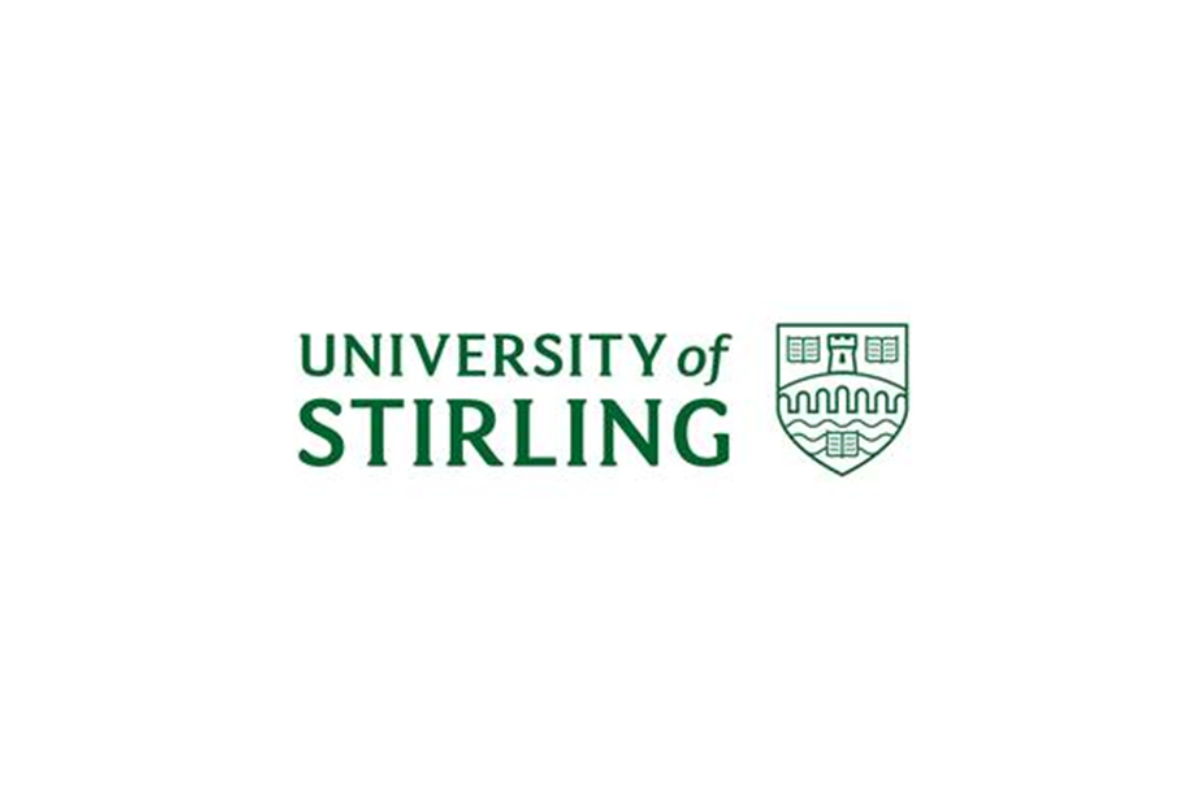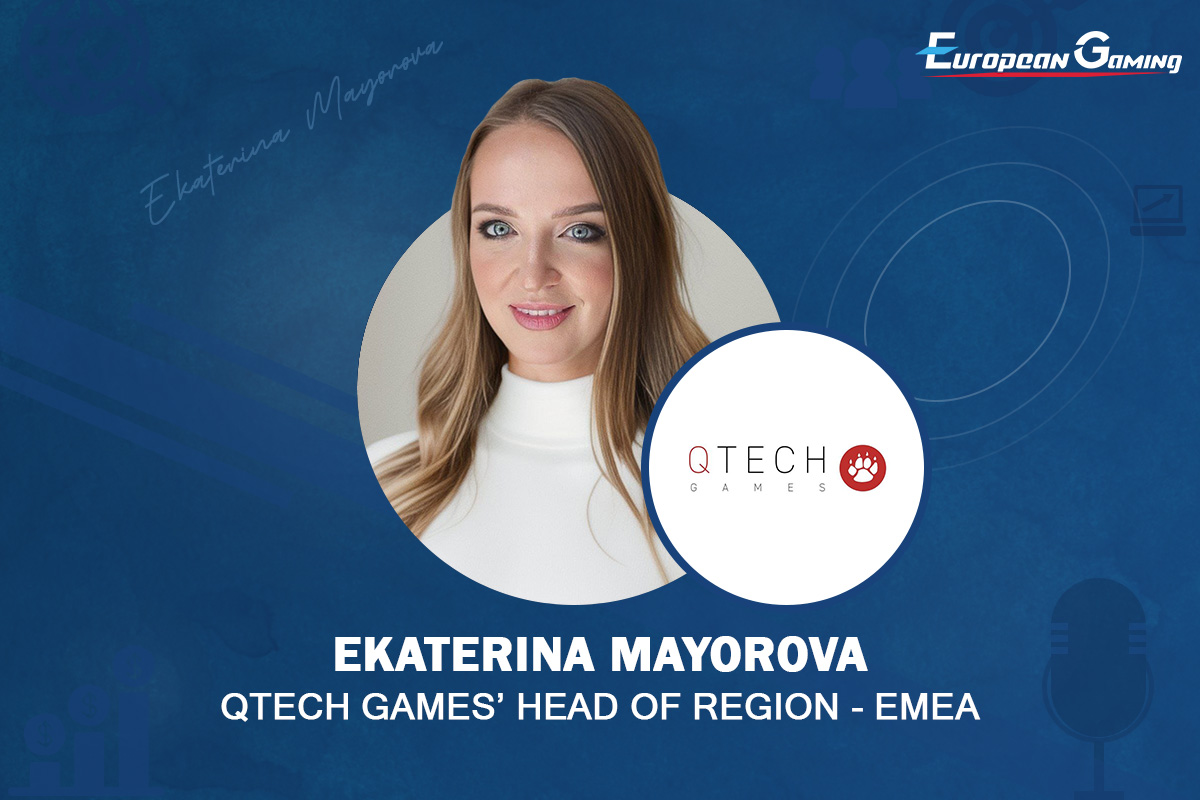Interviews
“There is room for everyone in esports.” Exclusive Q&A with Ashley Washington, Head of VCT Game Changers EMEA

There is an old, now-defunct saying in football that women can’t understand the offside rule. While there was no such explicit quote, the feeling has been pretty much the same in esports, if you go by the low number of women playing the sports.
Now, who will do something to change the gender disparity in esports? Enter VCT Game Changers.
VCT Game Changers is an esports program exclusively for women where gamers play Riot Games’ hit video game VALORANT. The Game Changers tournament is into its third edition this year.
We have here with us Ashley Washington, Head of VCT Game Changers EMEA. She talks about, well, the game-changing situation in esports. Her responses are insightful and stats-rich. Don’t miss it.
Q. Let’s start with a quick intro. How did you land in the gaming industry?
A. This is a very reductive version of the story but I was working in account management and sales in NYC after graduating from New York University. Though I did study game design, I wasn’t really sure of myself when it came to making a career in the industry. There was an evening in January of 2016 when I’d just paid my rent—a paycheck and a half—and I just decided that I wanted to move to Berlin. I knew it was fun and cheap because I studied abroad there. I bought a one-way ticket and did that. Berlin is the kind of place where you can make almost anything happen for yourself career-wise, so I chased my dreams and made the switch! I’ve done quality assurance work, data science, journalism and, it turns out, I’m strongest as a product leader.
Q. Tell us about Valorant Game Changers: Mission, vision, mode of operation and all that?
A. VCT Game Changers is a program meant to introduce women to the VALORANT ecosystem, guide them in the cultivation of their skills and, ideally, see them make their way out of the program and into the rest of the VALORANT competitive space. The goal is to have a diversified ecosystem where people from a variety of identities and backgrounds can excel at the highest levels of play. So far, we’ve set out to achieve this by running the tournament circuit that most are familiar with but, in the future, we are working to find additional ways we can make this vision into a reality.
Q. How do you analyse your performance so far? Could you talk about the changes you have brought about in esports, especially in terms of the participation of women?
A. I think there are some obvious things we are looking at and some less obvious things. Really high on the list is participation. We recently maxed out signups for the first time with 130 teams registered out of 128, meaning two teams were on the waitlist when signups closed. Ultimately we saw 126 teams participate, this is over 600 players which is great to see. We set out to create a safe space, so seeing more and more women choose to enter it is absolutely a win. One of the other stronger indicators of success, at least from my perspective, is to see women in rosters in the rest of VALORANT Champions Tour EMEA . Whilst it’s not yet exactly standard, mixed rosters can already be seen in third party VALORANT tournaments, like BLAST Spike Nations, and that’s a beautiful thing as well.
Q. Valorant Game Changers tournament is into its third series now. How has the tournament evolved and progressed over the three series?
A. Growth is probably the biggest evolving factor for Game Changers at this stage. For example, just this year, we saw 91 teams participate in the second series. In the third series, we had 126 teams. In addition to more teams, we are seeing the strength of the teams grow as well. The players are becoming increasingly more skilled and the competitive spirit among EMEA teams is a lot more dynamic. There are a lot of really interesting team and player stories developing and a notable increase in participation from regions that are usually not represented like Turkey and MENA (and some parts of Europe). So, the community that we’ve grown with the tournament is maturing in many ways.
Q. The number of women participating in esports is still low, with reference to an ideal scenario. What do you think are the hindrances women face in entering and excelling at esports?
A. I’ve spent a lot of time talking to women in the scene playing different titles and coming from different backgrounds. The things I hear referenced the most come down to the lack of opportunities (both perceived and actual—they’re equally as bad when the result is the same) and a fear of career instability should they decide to go all in with esports. Many of these women have a hard time convincing orgs to give them a chance or, when they do, getting adequate pay that allows them to focus on doing their best. The women end up needing to maintain their studies or another job so that they have a backup plan in the event that things don’t work out. This happens in esports in general but it would seem that this is a very common experience for women entering the space.
It’s very important that any organisation interested in providing these opportunities to women is also committed to investing in their careers as well. Bringing a group of women together just to have that roster there without paying any mind to what they need to thrive and grow is a costly and painful mistake. It leaves its mark and it can be incredibly discouraging for those that it affects.
Of course I also hear from women who have terrible experiences due to toxicity and the lack of confidence that can come from that or just not seeing enough representation in general. This kind of thing can strike when they’re so young that they don’t even consider trying to play competitively when they get older. It doesn’t end with players either, underrepresentation is happening in every area—women working in talent or esports-related companies might also face these issues.
Q. What kind of activities is Valorant Game Changers undertaking for training and mentoring women in esports?
A. Our approach to this varies regionally. Since Game Changers is still young, not every region has a training supplement, EMEA included. But we are hoping to introduce something like this relatively soon. The most important thing is finding something that is best suited to the region and what the Game Changers community is looking for, so we’ve been doing a lot of listening for now.
Q. How are you looking into the future regarding women’s participation in esports? In which countries do you hope to see a surge in numbers in terms of women players?
A. EMEA is already so strong when it comes to this. The interest in esports among women is high and every year, the landscape for opportunities to play is looking brighter and brighter. Continuing with this is the first thing I hope and fully expect to see. When it comes to regional representation, I dream of higher numbers from MENA—so North Africa and the Middle East. This is already happening so tapping into what players from these regions need to feel comfortable taking the leap is one of many focus points I have looking ahead to the future. Though I can safely say that I wouldn’t complain about an increase from any space in the region. This is one of the rare occasions in life where more is absolutely better.
Q. Finally, what kind of initiatives do you want to see in the esports industry in general –- by governments and other organisations — to ensure the number of women in esports continues to increase?
A. I would love to see more support for younger fans who are curious about playing or being in the industry in general. I think it’s very easy to write off “gaming” as a viable job option but I think that has a lot to do with how few resources there are for school-aged players and their families to have an idea of what this could really look like—whether that’s playing, organising or being part of a broadcast. I mean, I have a pretty standard job that I’m pretty sure my parents never imagined would fall under “working with games”. I think they’re not the only ones.
And, ultimately, I would love to see more initiatives tap into intersectionality. It’s so important to help women feel comfortable in the space, but once that’s begun, there are so many groups within this identity that could use a bit of a lift. For example, I didn’t see many other black women in the industry growing up and it’s a lot of the reason why I didn’t bother doing anything beyond studying games for a while. Eventually, I felt brave enough to go for it anyway but there are so many others like me who won’t even make it that far with it without knowing for sure that it’s possible. Initiatives connecting young players from underrepresented groups is one way to kind of combine both of these things. There are already programs like this out there and I am really excited about seeing that continue to develop in the future.
There is room for everyone in esports. If they truly want to be there, they can be—I really do believe that.
-
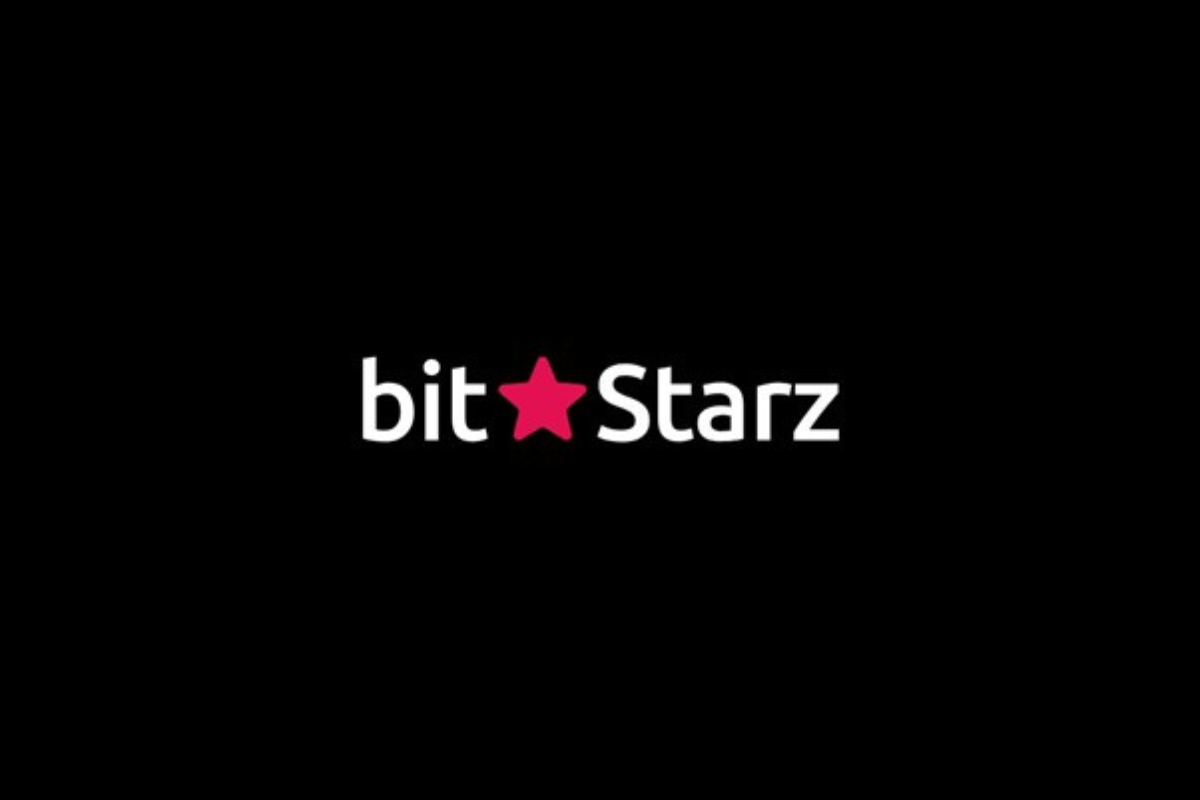
 Latest News5 days ago
Latest News5 days agoBitStarz Casino Review 2025: The Leading Crypto & Bitcoin Casino With Instant Withdrawal, Fast Payout & Latest Bonuses!
-

 Latest News5 days ago
Latest News5 days agoEGT Digital’s games are available to Bangbet’s customers in Tanzania
-
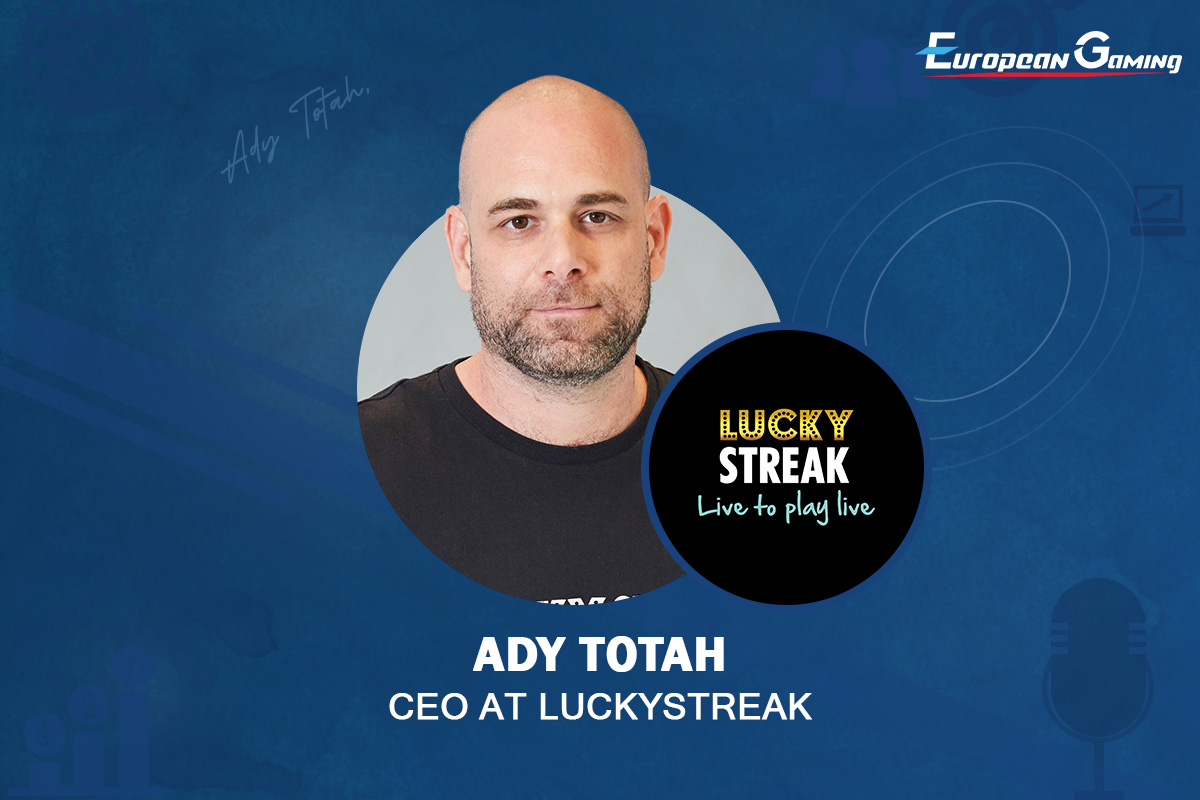
 Interviews5 days ago
Interviews5 days agoScale isn’t everything: Why agility is the new advantage in live casino
-
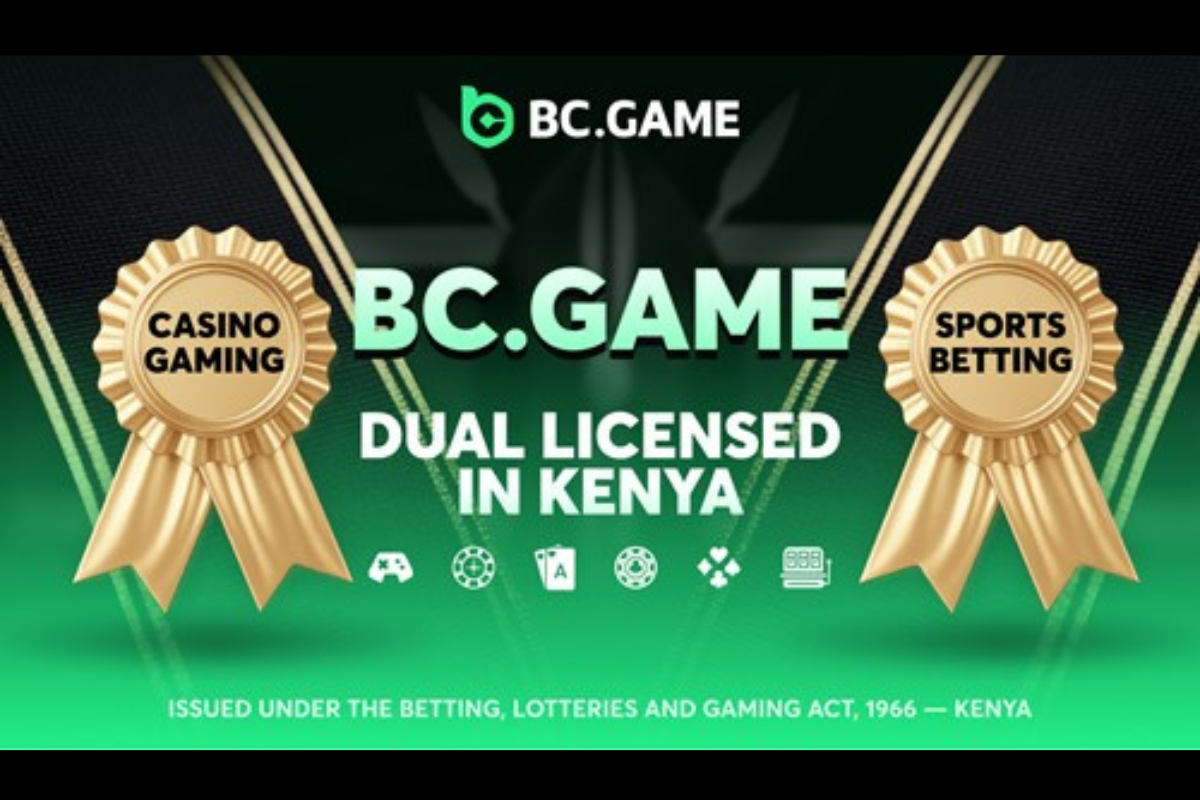
 Latest News4 days ago
Latest News4 days agoBC.GAME Strengthens African Strategy with Dual Regulatory Approval in Kenya
-
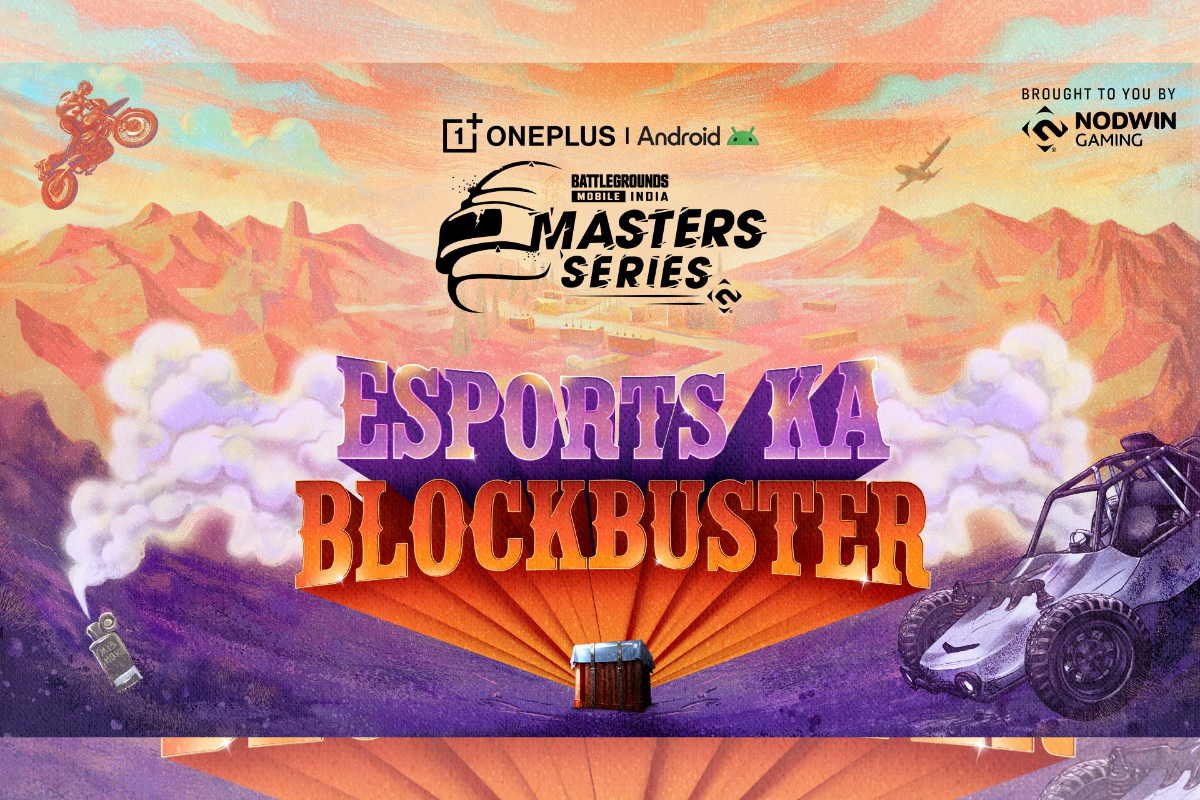
 eSports5 days ago
eSports5 days agoNODWIN Gaming and JioStar unveiling BGMS Season 4 with OnePlus as Title Partner and Android as Co-Title Partner
-
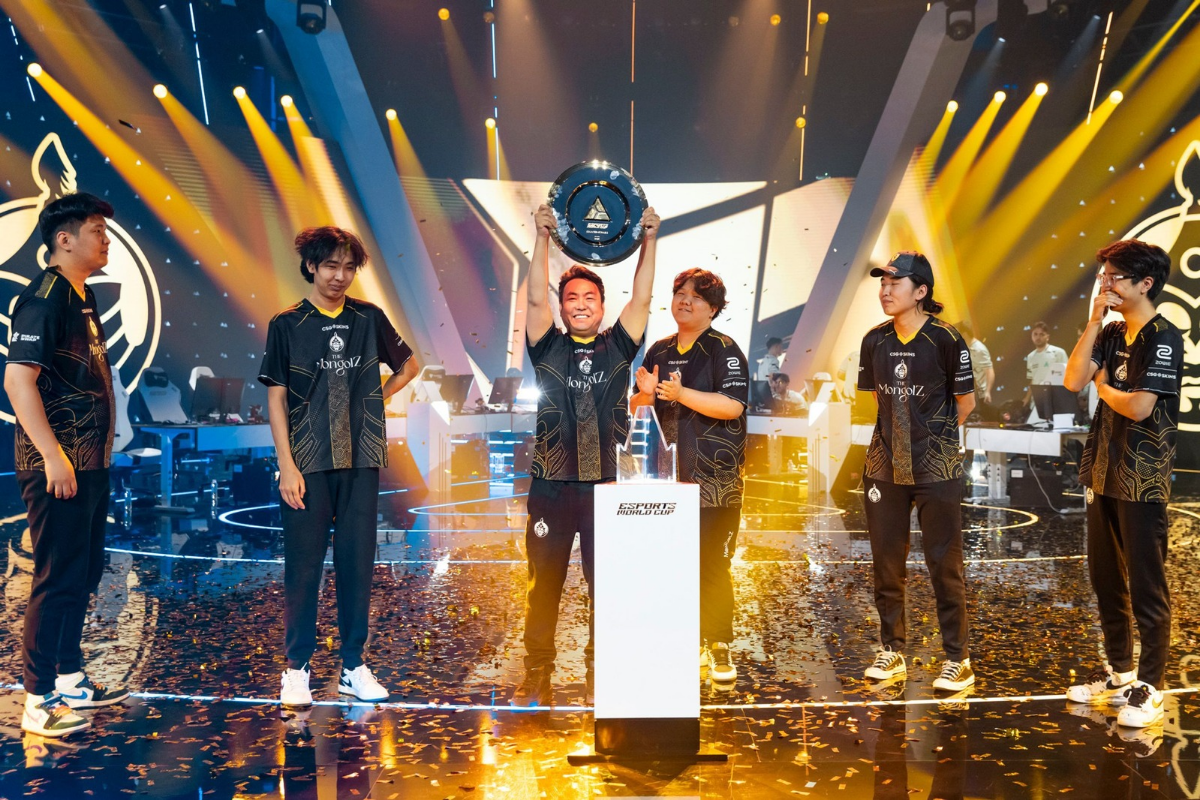
 eSports5 days ago
eSports5 days agoThe MongolZ Lift the Counter-Strike 2 at Esports World Cup Trophy, as Hero Run Ends in Title Triumph
-
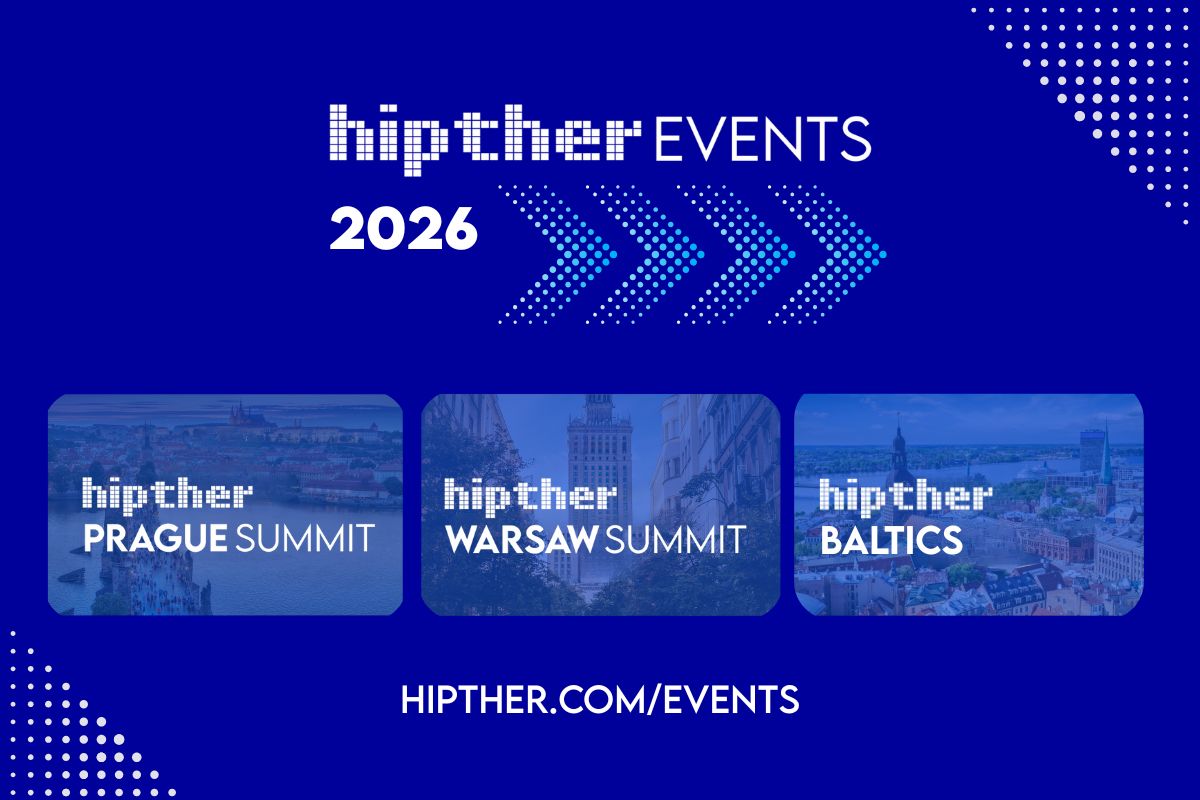
 Latest News5 days ago
Latest News5 days agoHIPTHER Announces In-Person Events Rebrand, Baltics Focus & Digital Events Lounge for 2026
-

 Latest News4 days ago
Latest News4 days agoRising Bonus Abuse in Sports Betting: Fraudsters Leveraging Hidden AI Powered Bots






